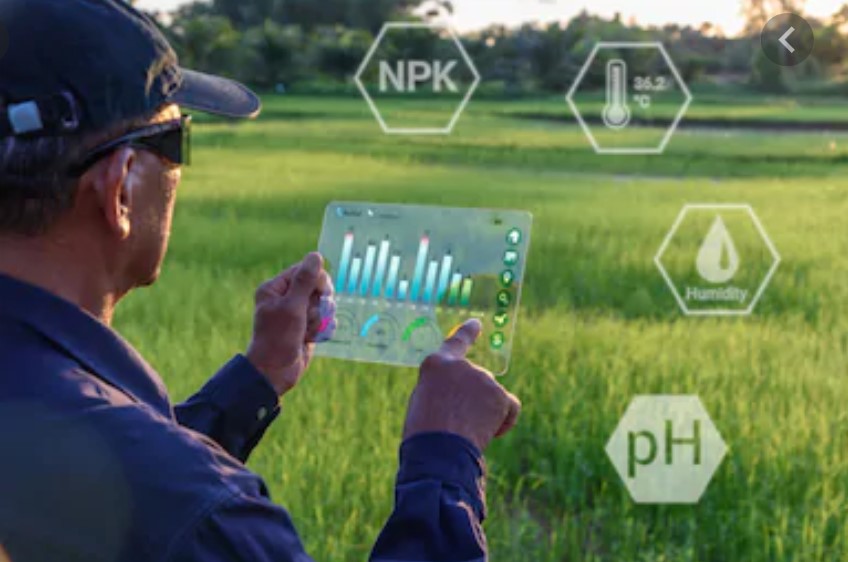
A bio-fertilizer is a substance that contains living organisms that, when applied to seed, plant, surfaces, or soil, colonize the rhizosphere or the interior of the plants and promotes growth by increasing the supply or availability of primary nutrients to the host plants.
The Applications of Biotechnology In Agriculture and Its Advantages
Today, biotechnology is biology’s fastest-growing discipline prompted by the ever-increasing demand for food and fuel in a cleaner and greener environment. In general, biotechnology encompasses a broad range of technologies and applications to produce useful living products and services.
The integration of biotechnology into the field of agriculture makes the better use of limited resources, increases production, and reduces the use of pesticides and insecticides on crops.
Agricultural biotechnology is a field of agricultural science that uses cell and molecular biology tools to improve genetic makeup and agronomic management of crops and animals.
Which is used as bio fertilizer?
The microorganisms in biofertilizers restore the soil’s natural nutrient cycle and build soil organic matter. … Biofertilizers such as Rhizobium, Azotobacter, Azospirilium and blue green algae (BGA) have been in use a long time. Rhizobium inoculant is used for leguminous crops.
What is Biofertilizer with example?
Give some examples of Bio-fertilizers? … Rhizobium, Azotobacter, Azospirillum, Phosphate Solubilizing Bacteria and mycorrhiza , which have been incorporated in India’s Fertilizer Control Order (FCO), and blue green algae(BGA) have been traditionally used as Biofertilizers.
Some Enriched Bio Fertilizers uses of modern biotechnology to make microbes perform specific useful tasks in a predictable and controllable manner.
Is Biofertilizer organic?
Bio fertilizers are microbial inoculants consisting of living cells of micro-organism like bacteria, algae and fungi alone or combination which may help in increasing crop productivity. … Whereas, organic fertilizers are obtained from animal sources such as animal manure or plant sources like green manure.
A biofertilizer (also bio-fertilizer) is a substance which contains living microorganisms which, when applied to seeds, plant surfaces, or soil, colonize the rhizosphere or the interior of the plant and promotes growth by increasing the supply or availability of primary nutrients to the host plant.
Does organic fertilizer work better than inorganic?
Organic fertilizers continue to improve the soil long after the plants have taken the nutrients they need. Therefore, the longer your soil is fed with organic fertilizers, the better its composition and texture. So, while inorganic fertilizer is cheaper in the short term, it adds less to the soil in the long term.
What do you understand by biofertilizers?
What are the advantages of biofertilizers over chemical fertilizers?
- Biofertilizers are cost-effective.
- They reduce the risk of plant diseases.
- The health of the people consuming the vegetables grown by the addition of chemical fertilizers is more at risk.
- Biofertilizers do not cause any type of pollution.
What is the difference between Biofertilizer and organic fertilizer?
- But Bio fertilizer contains a variety of beneficial microorganisms inside. Organic fertilizer losses the beneficial nutrient through its temperature treatment but bio-organic fertilizer have all the nutrients in it. Different odors. … once organic fertilizer is damp, stench is issued.
As a result, beneficial microorganisms killed, which is difficult to provide beneficial soil microbes. But Bio fertilizer contains a variety of beneficial microorganisms inside. Organic fertilizer losses the beneficial nutrient through its temperature treatment but bio-organic fertilizer have all the nutrients in it.